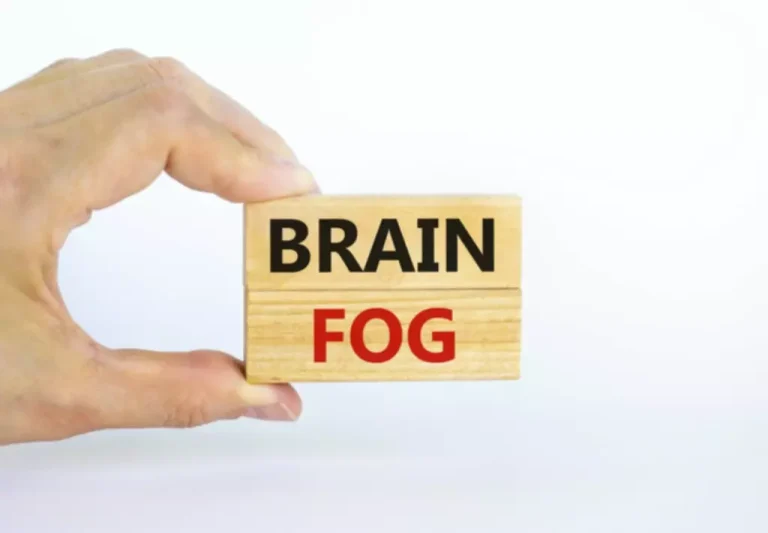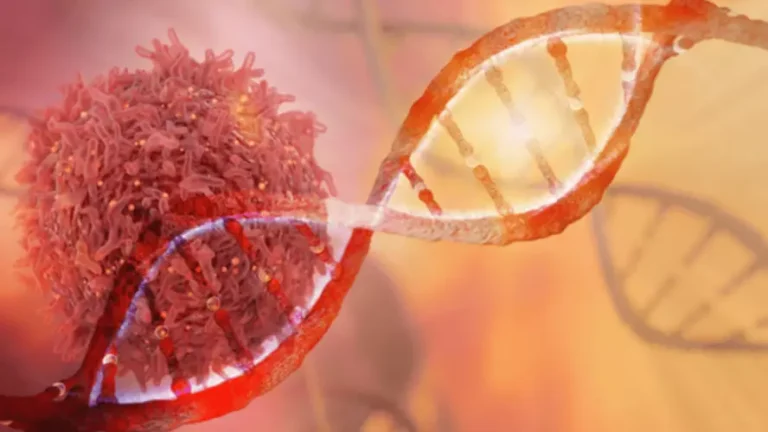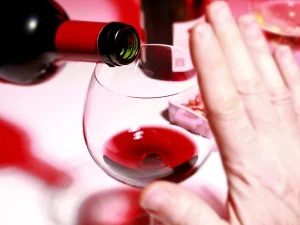
Some research suggests that just the presence of art can play a part in boosting mental health. Art therapy in hospitals and clinical settings could be very helpful to aid treatment and therapy, and to enhance communications between patients and on-site medical staffs in a non-verbal way. Moreover, art therapy could be more effective when combined with other forms of therapy such as music, dance and other sensory stimuli. Moreover, art therapy could be used to investigate art therapy for addiction the relationship between cognitive processes and imagination in children with ASD. One study (Wen and Zhaoming, 2009; Jianhua and Xiaolu, 2013) suggested that children with ASD apply a unique cognitive strategy in imaginative drawing. Another study (Low et al., 2009) examined the cognitive underpinnings of spontaneous imagination in children with ASD and showed that ASD group lacks imagination, generative ability, planning ability and good consistency in their drawings.

Mental Health Resources
- All you need to create zentangles are some pens and/or pencils and some paper.
- Art therapy may be effective because of the relationship among substance use disorder and mood and emotion regulation.
- Given the large numbers of people in need and the humanitarian imperative to reduce suffering, there is an urgent need to implement scalable mental health interventions to address this burden.
- It has many benefits, including providing an outlet for self-expression and helping with personal discovery.
- It is practised in a group or in an individual setting and is guided by a trained practitioner.
However, despite the above advantages, published systematically review on this topic is lacking. Therefore, this review aims to explore its clinical applications and future perspectives to summary its global pictures, so as to provide more clinical treatment options and research directions for therapists and researchers. The world of mental healthcare and counseling uses various terminologies to describe treatments, mental health conditions, and more. One such common phrase is ‘level of care,’ which signifies the extent of services a patient needs.

Combining Art and Music Therapy with Conventional Treatment Approaches

The participants imagine heading toward the light, and they then draw and color their lighthouse, adding words that represent guidance and hope to them. Learning to think more creatively is an excellent way to engage different parts of your brain and hone your problem-solving skills. Being creative also gives you greater freedom because when you’re making art, there are no rules to hold you back. It is practised in a group or in an individual setting and is guided by a trained practitioner.
Art Therapy for Mental Disorders
They can safely feel and process the full range of emotions surrounding their addiction experience. Participants don’t need to have artistic talent — they need to open themselves up to the experience and engage to benefit from this practice. Creativity is therapeutic in itself, but help from a qualified art therapist can be sought initially to gain the maximum benefits.

Art therapy, music therapy, animal therapy, holistic treatments, and adventure therapy can all impact someone’s motivation and feelings of safety while healing core wounds. Discover what creative but powerfully transforming practices are available to you. There is a lack of nationally representative data addressing the organizational settings of art and music therapy. In the current study, we assess the utilization and organizational correlates of art and music therapies in a national sample of SUD treatment centers by addressing three specific aims. First, we document the prevalence of both types of therapies in SUD treatment programs. Second, we examine the association between the use of art and music therapy and patient populations in a treatment program.
In the future, art therapy may be more thoroughly investigated in the following directions. First, more high-quality clinical trials should be carried out to gain more reliable and rigorous evidence. Second, the evaluation methods for the effectiveness of art therapy need to be as diverse as possible.
These data are cross-sectional, restricting our ability to make causal arguments. Just precisely how creative endeavors can help to improve emotion regulation is not yet entirely understood. A 2019 study created a method of quantifying and measuring emotion regulation https://ecosoberhouse.com/ strategies to better understand creativity and to assist future studies of art therapy and its ability to treat mental illness. Because it can help with mood and emotion regulation, art therapy can be a potentially powerful tool for treating substance use disorders.
- In fact, studies have shown that art as a way to recover from SUD can be incredibly effective.
- Creativity is therapeutic in itself, but help from a qualified art therapist can be sought initially to gain the maximum benefits.
Art therapy can help us feel empowered in our recovery by coming to realisations and moving through emotional difficulties without the use of substances. Being able to visually see our emotions and thoughts in front of us in the form of a piece of art can help us then verbalise what is happening in our inner world. A study published in The Arts in Psychotherapy in 2018 demonstrated that art therapy actually decreased levels of pain in 200 hospitalised patients, while also improving their mood and reducing symptoms of anxiety. This process involves the client using a fluid medium, such as paint, to help illustrate feelings of being out of control or self-destructive. Being able to view this experience outside of oneself in the form of art can help us finally acknowledge our need and desire to attain sobriety. Seeing this visually can help create a visual representation of where we truly are internally.

While research suggests that art therapy may be beneficial, some of the findings on its effectiveness are mixed. Studies are often small and inconclusive, so further research is needed to explore how and when art therapy may be most beneficial. Most importantly, several other studies showed that drug plus painting therapy significantly enhanced patient compliance and self-cognition than drug therapy alone in patients with schizophrenia (Hongyan and JinJie, 2010; Min, 2010). The participants will put together inspirational words or phrases that they feel define their core values.